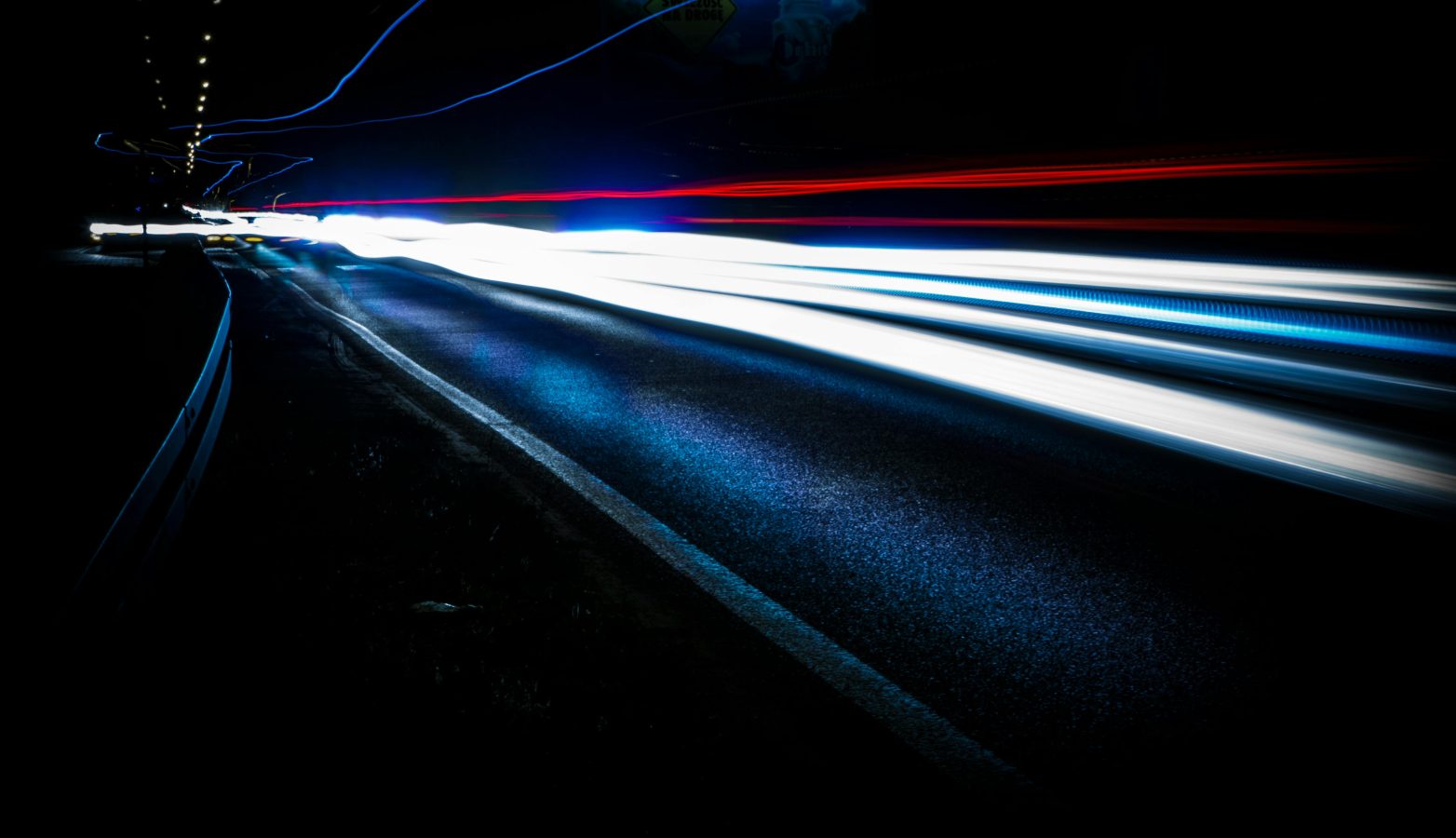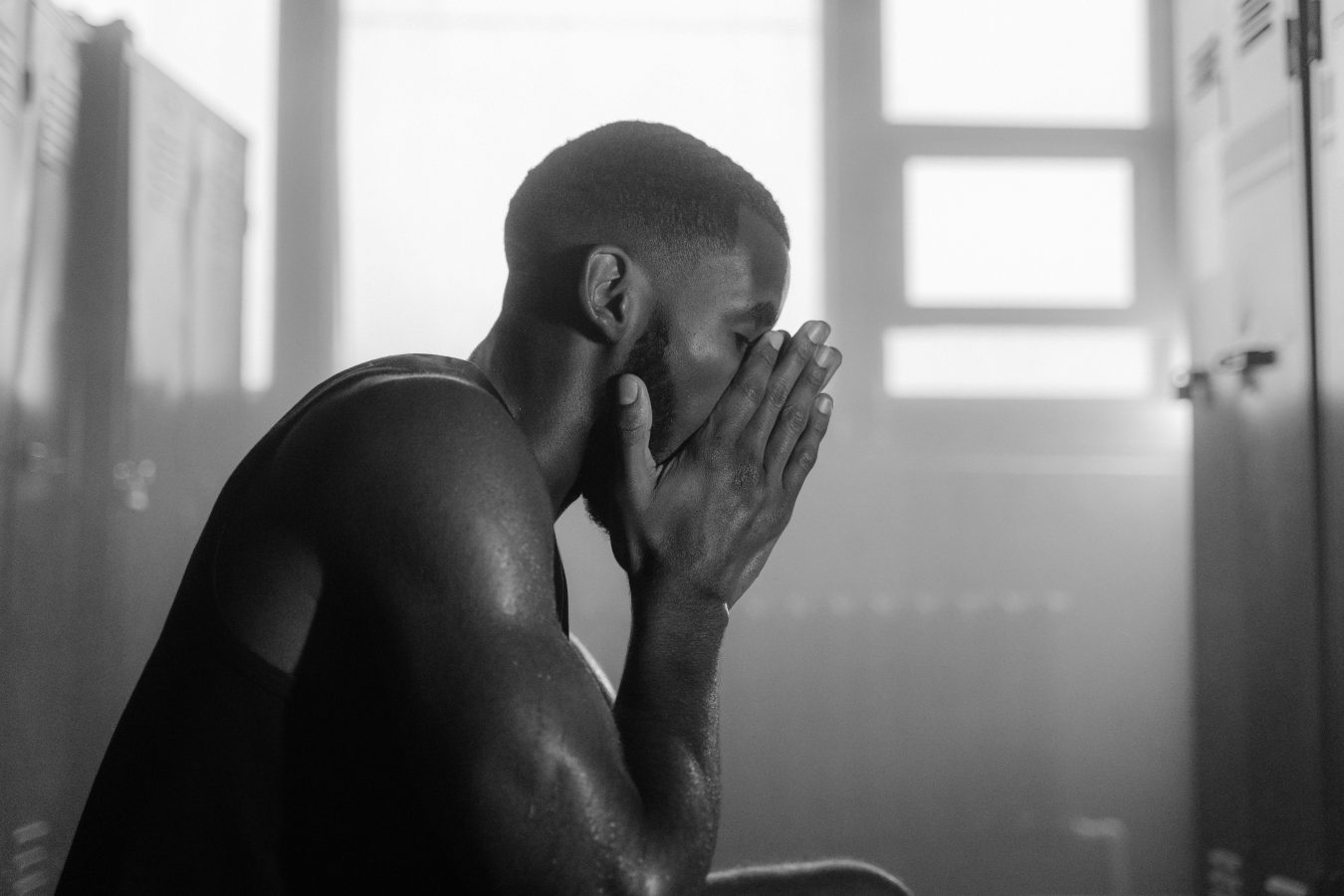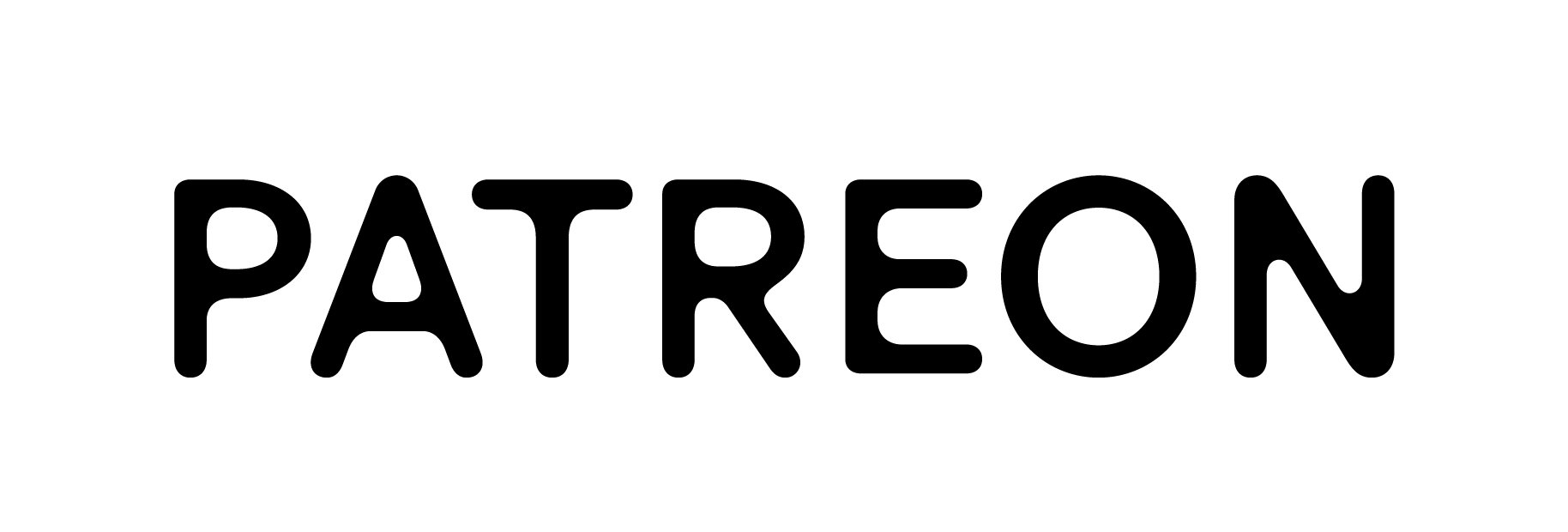
Your effort accelerates the evolution of humankind.

Improving your skateboarding skills requires a great deal of time and effort. Everyone knows that acquiring even Ollie can take days or even weeks.
Where does the knowledge we acquire over time go? You can post it on social media or answer questions on forums, but until now, there has been no objective way to preserve knowledge in a form that is easily understandable for others.
As a result, every skateboarder has had to struggle to learn tricks from scratch. The inability to pass on valuable knowledge and skills has led to a situation where the wheel is being reinvented worldwide.
Whythetrick accelerates the evolution of not only skateboarders but all of humanity through cutting-edge IT technologies such as 3D and AI.
As one of its initiatives, we are building a platform that allows skateboarders to convert their knowledge into quantitative data, making it reusable for others learning tricks.
By utilizing 3D analysis tools and a high-performance video player for quantitative motion analysis, users will be able to analyze their own movements independently.
With these tools, experienced skaters can convert their movements into marketable data, while learners can objectively analyze their own movements, compare them with those of experienced skaters, and identify areas for improvement.

Services
A whole new knowledge learning experience is here.
How-to Articles
A tool that utilizes 3D models to explain the details of tricks. You can freely adjust the angle and speed of the 3D models.
All in One Analyzer
A system that brings together all the essential tools for motion analysis—frame-by-frame playback, body part tracking, and 3D simulation of movements—all in one place.
2D to 3D Converter
Upload a video, and the system automatically converts it into a 3D animation.
Dual Player
Play, Stop and frame-by-frame play two videos with unified buttons. Perfect tool to compare videos side-by-side.
Motion Echo
Upload a video, and the system adds afterimages of your movements.
Physics Simulator
A tool that allows you to simulate the behavior of the skateboard in a 3D space under any given conditions.
Stance Vote
A tool that brings together the knowledge of all participants and sorts out the easily-misunderstood trick names.
Self-Diagnosis Tool
A tool that helps diagnose common issues and provides solutions by answering a series of simple questions.
Frame-by-Frame Player
A tool that allows you to play uploaded videos frame by frame.
Video Trimming Tool
A tool that allows you to cut and download specific sections of an uploaded video.
AI Form Analyzer
An AI tool to analyze the angle of your body. Perfect to analyze the form when dropping in.
Chart Analyzer
A tool that graphically visualizes the position of both feet and center of gravity, ideal for analyzing pop timing.
Skateboard Designer
A tool that lets you design your own skateboard in a 3D space by uploading images.
Face Mosaic Tool
A tool that applies a mosaic effect to the face in uploaded videos and allows you to download them.
Super Slow-Mo
A tool that can slow down uploaded videos beyond their original frame rate.

